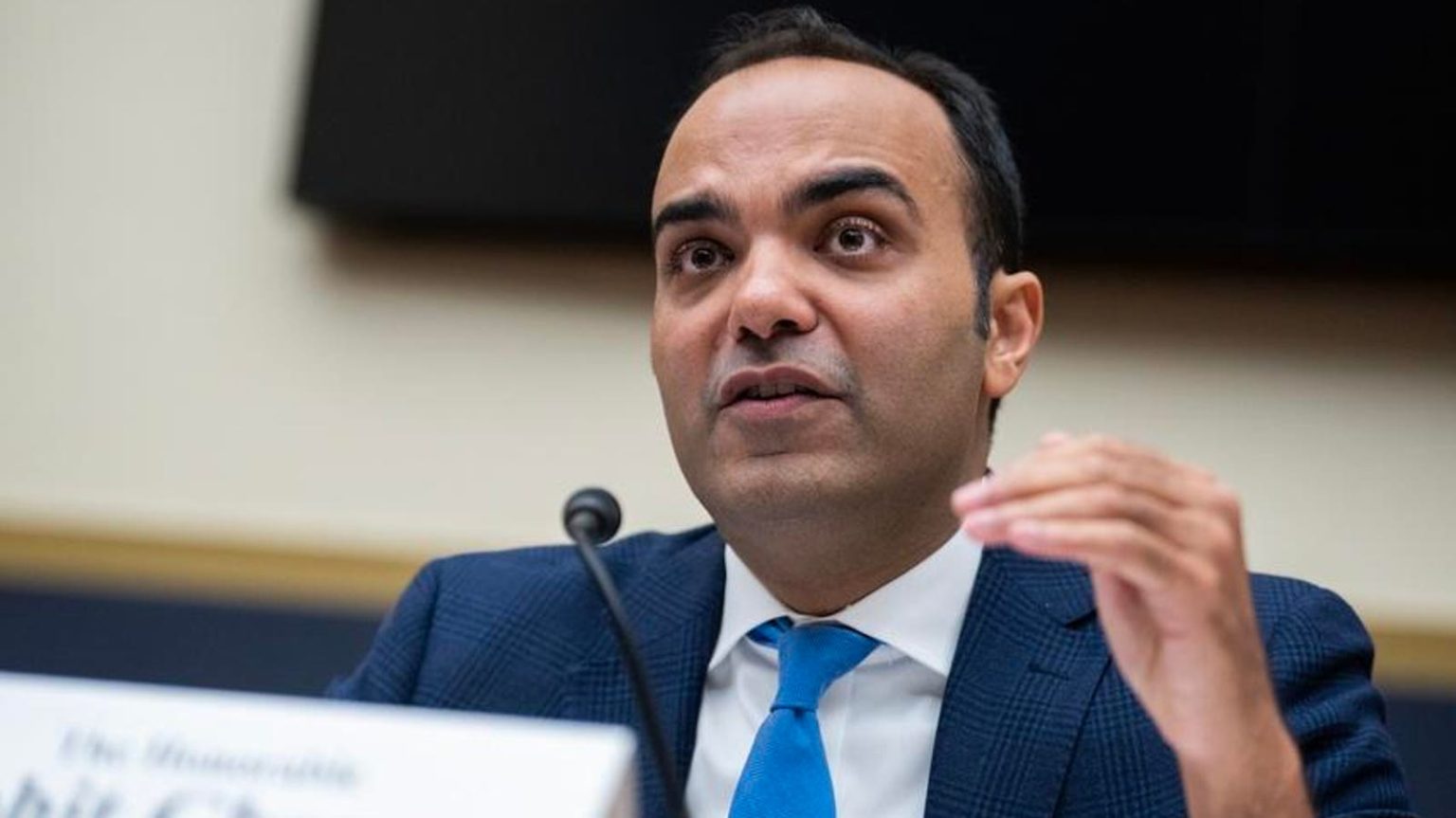The Consumer Financial Protection Bureau (CFPB) has filed an enforcement action against National Collegiate Trusts and the Pennsylvania Higher Education Assistance Agency (PHEAA), accusing them of widespread servicing failures that harmed borrowers. The action could result in the student loan companies paying millions in penalties, as well as $3 million in compensation to borrowers plus refunds or additional reimbursement. Private student loans, such as those serviced by National Collegiate Trusts, do not qualify for federal student loan forgiveness or flexible repayment options, making them particularly burdensome for some borrowers.
The CFPB alleges that National Collegiate Trusts and PHEAA failed to respond to borrower requests for relief between 2015 and 2021, with these issues becoming more acute during the Covid-19 pandemic. The complaints include requests for co-signer release, extensions of forbearance or deferment, loan settlements or forgiveness, Servicemember Civil Relief Act benefits, or other forms of payment or interest rate reduction. The CFPB’s enforcement filing also alleges that the loan servicer misrepresented information to borrowers and improperly denied requests for Covid-19 forbearance, violating federal statutes.
In response to the enforcement action, National Collegiate Trusts and PHEAA may have to pay over $2 million in penalties to the CFPB’s victims relief fund. Additionally, borrowers could receive $3 million in redress through $200 payments for individuals who did not receive timely responses to their requests for relief. Borrowers may also be entitled to refunds for payments made or reimbursement for fees. Advocates for borrowers have praised the CFPB’s action, emphasizing the importance of holding predatory companies accountable for their actions and ensuring that borrowers are compensated for harm caused by improper servicing.
This is not the first legal action taken by the CFPB against National Collegiate Trusts. A previous lawsuit alleged that the trusts brought improper debt collection lawsuits against borrowers, leading to allegations of time-barred debts or lack of proof of debt ownership. While that lawsuit is still pending in federal court, a key ruling in March determined that the trusts are covered by the Consumer Financial Protection Act. Overall, the CFPB’s actions aim to address the harm caused to borrowers and hold student loan servicers accountable for their failures in servicing private student loans.
Private student loans, such as those held by National Collegiate Trusts, can be challenging for borrowers who do not qualify for federal student loan forgiveness or repayment programs. These loans do not offer the same options for relief as federal loans, making it difficult for borrowers facing financial hardship to manage their debts. The enforcement action by the CFPB against National Collegiate Trusts and PHEAA seeks to address the failures in servicing these loans, providing compensation for affected borrowers and penalties for the companies involved. The outcome of the action will depend on the court’s approval, but it could lead to significant relief for borrowers impacted by improper loan servicing practices.













